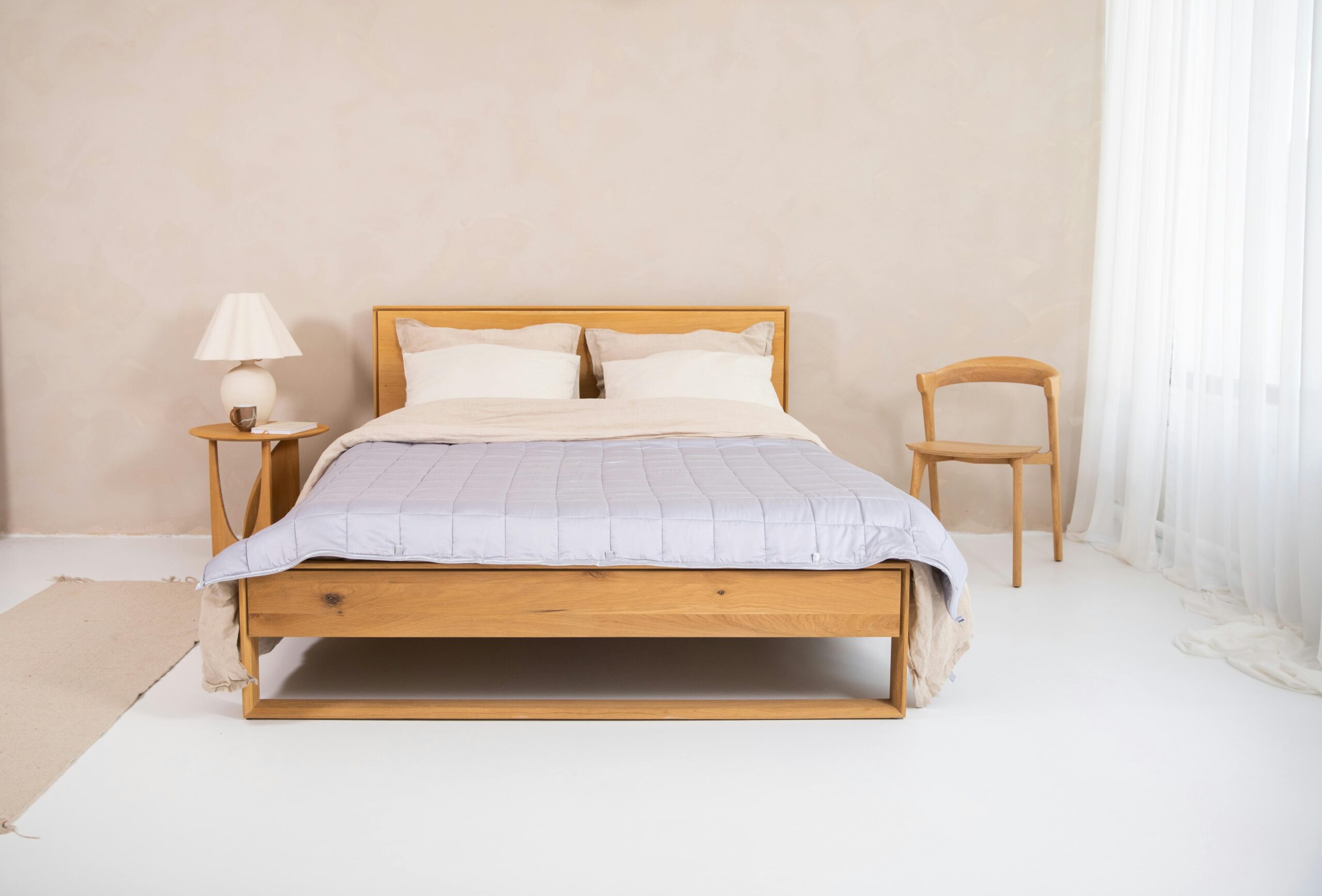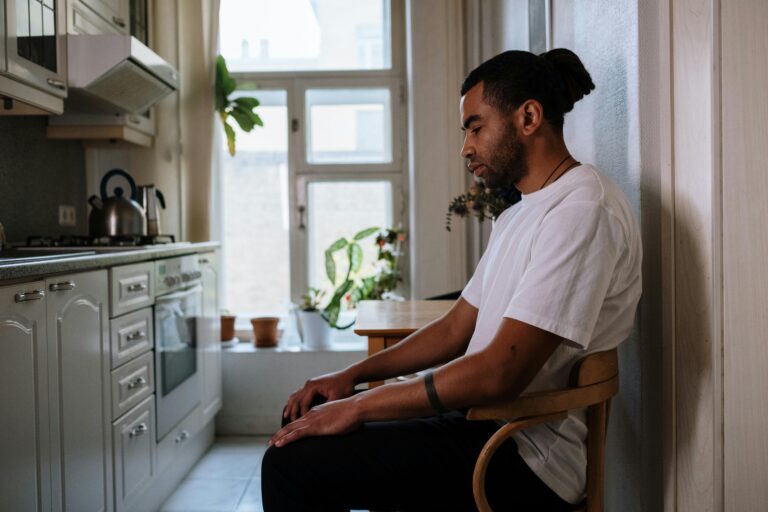How to Improve Sleep Quality Naturally Without Medication
A good night’s sleep is like a magical elixir for the body and mind. Unfortunately, in today’s fast-paced world, many of us find ourselves tossing and turning, staring at the ceiling, or scrolling through our phones instead of drifting off into dreamland. If you’re tired of counting sheep and want to improve your sleep quality naturally—without relying on medication—you’re in the right place. Let’s embark on this journey to better sleep together!
Create a Sleep Sanctuary
Your bedroom should be a temple of tranquility, a place where sleep reigns supreme. Here are some tips to help transform your space into a sleep sanctuary:
- Keep it Cool: The ideal bedroom temperature for sleep is between 60-67°F (15-19°C). If you’re too hot or too cold, sleep can be elusive. Think of it as the Goldilocks principle: not too hot, not too cold, but just right.
- Dim the Lights: Light tells your brain that it’s time to wake up. Switch to blackout curtains or an eye mask to block out pesky light sources. Your body craves darkness to produce melatonin, the sleep hormone.
- Reduce Noise: If your neighbor’s dog barks more than a midnight DJ, consider earplugs or a white noise machine. Gentle sounds can be soothing; think of it as creating your own sleep soundtrack.
- Invest in Quality Bedding: Whether it’s a plush mattress or soft sheets, comfort is key. A good investment in your bedding can be the difference between a refreshing slumber and a restless night.
Establish a Sleep Schedule
Consistency is your friend when it comes to sleep. Just like you wouldn’t skip your morning coffee (we don’t judge), you shouldn’t skip a regular sleep schedule. Here’s how to establish one:
- Set a Sleep and Wake Time: Try to go to bed and wake up at the same time every day, even on weekends. Yes, that means no more sleeping in on Saturdays! Your body thrives on routine.
- Create a Bedtime Ritual: Engage in calming activities before bed—a warm bath, reading a book, or practicing gentle yoga. Think of it as your personal wind-down routine.
- Avoid Naps: If you’re struggling with nighttime sleep, limit daytime naps to 20-30 minutes. Long naps can leave you feeling groggy and interfere with your nighttime sleep.
Mind Your Diet
Believe it or not, what you eat and drink can significantly impact your sleep quality. Here are some dietary tips to consider:
- Watch Your Caffeine Intake: Caffeine can keep you awake long after your last cup of coffee. Aim to cut off caffeine at least six hours before bedtime. Your future self will thank you!
- Limit Alcohol: While a glass of wine might seem cozy, alcohol can disrupt your sleep cycle. It might help you fall asleep faster, but it often leads to waking up in the middle of the night.
- Snack Wisely: If you must snack before bed, opt for sleep-friendly foods like bananas, almonds, or chamomile tea. They can help promote relaxation rather than keep you awake.
Embrace Relaxation Techniques
Sometimes, your mind is the biggest barrier to a good night’s sleep. Enter relaxation techniques! Here are a few methods to quiet the mental chatter:
- Meditation: Just a few minutes of meditation can reduce anxiety and promote a sense of calm. Apps like Headspace or Calm can guide you through the process.
- Deep Breathing: Practice deep breathing exercises to help relax your body. Inhale for four counts, hold for seven, and exhale for eight. Repeat until you feel the tension melt away.
- Progressive Muscle Relaxation: This technique involves tensing and relaxing each muscle group in your body, one by one. It’s like a mini workout for sleep.
Limit Screen Time
We live in a digital age, and our screens are often our bedtime companions. However, blue light from phones and computers can disrupt melatonin production. Here’s how to manage screen time:
- Set a Digital Curfew: Aim to turn off all screens at least an hour before bedtime. Replace scrolling with reading a book or listening to soothing music.
- Use Blue Light Filters: If you must use screens before bed, consider using blue light filters or glasses to minimize the impact on your sleep.
Get Moving!
Exercise is not just for the body; it’s also a sleep aid! Engaging in regular physical activity can help you fall asleep faster and enjoy deeper sleep. Here’s how to incorporate movement:
- Find What You Love: Whether it’s dancing, running, or yoga, choose an activity that you enjoy. When exercise feels like fun, you’re more likely to stick with it.
- Timing Matters: While working out is great, try to avoid vigorous exercise close to bedtime. Aim for earlier in the day for the best sleep results.
Improving your sleep quality naturally may take some time and adjustments, but with these strategies, you’ll be well on your way to enjoying restorative slumber. Sweet dreams await! 🌙


